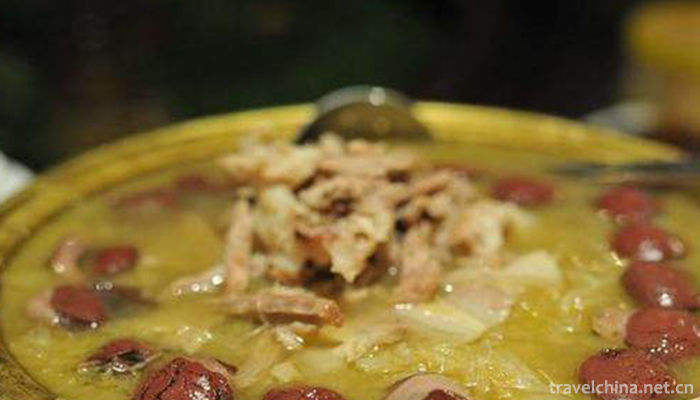Traditional cooking techniques of Liao cuisine
In April 2016, "Liao cuisine traditional cooking skills" was approved by the State Council as a national intangible cultural heritage, Liao cuisine became the first major cuisine department in the country to become a national intangible cultural heritage project.
Launching ceremony
On April 16, 2016, provincial, municipal and district leaders issued plaques for the protection unit of the national intangible cultural heritage "Liao Cuisine Traditional Cuisine Skills" for Lumingchun Hotel, and held a live inheritance and launching ceremony of "Liao Cuisine Traditional Cuisine Skills".
"Traditional cooking skills of Liao cuisine" has been approved by the State Council as a national intangible cultural heritage. Liao cuisine has become the first national intangible cultural heritage project in major cuisine departments.
Liao cuisine traditional cooking skill is a kind of traditional skill which was approved by the State Council in 2014 and listed in the fourth batch of national intangible cultural heritage list.
Historical sources
At the meeting, the leader of the non-legacy Department of Liaoning Provincial Department of Culture said: "We should carry forward the traditional culture, protect, inherit and promote the traditional cooking skills of Liao cuisine, so that Liao cuisine, the first national non-legacy project in China, will become a shining business card on the map of Liao and Shen."
Liao cuisine has a history of more than 3000 years. It is a local cuisine based on the national characteristics, regional characteristics, dietary customs and cooking techniques of Liaoning. It is recognized by the world for its long history and skills. Today, Liao cuisine has become the first major cuisine department in the country to become a national intangible cultural heritage project, which is an important milestone in the development of Liaoning catering culture. Liaoning will establish a team of teachers with Lumingchun as the main leader, Liao cuisine as the representative of traditional cooking skills, and Liao cuisine as the inheritor. Liao cuisine traditional cooking skills will be radiated to Liaoning cities, and 31 Liao cuisine heritage shops will be established. Liao cuisine representative inheritors will regularly conduct counseling, demonstration and standardize Liao cuisine activities in various provincial and municipal heritage shops. Establish a contingent of Liao cuisine inheritance and learning to form a chain of skills. On the same day, Liaoning catering enterprises also launched the "Home-loving, Liaoning cuisine, skill-passing catering business integrity management initiative" to jointly advocate integrity management, give full play to the strength of everyone in the catering industry.

0 Questions
Ask a Question
Your email address will not be published.